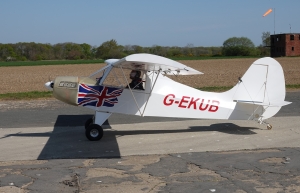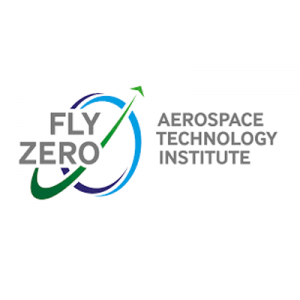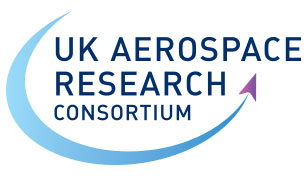The UK-Aerospace Research Consortium brings together leading aerospace universities to advance collaborative research in support of UK aerospace. It provides a route to access research excellence and to align research agendas across technology readiness levels (TRLs). This talk will highlight the strategy and ambitions of the consortium, its work with the industry and progress in forging international connections.
Roger Gardner – UK-ARC Manager will be speaking in FINN2 Theatre, Hall 2 Thursday 21st July at 11.30am
Also availabe in Hall 4 at stand 41130 – where the UK-ARC stand will describe our various activities and share information about existing member universities
Modelling and Analysis of Opposed Piston Composite Cycle Aero Engine Concepts PhD
For more information, see link
https://www.cranfield.ac.uk/research/phd/modelling-and-analysis-of-opposed-piston-composite-cycle-aero-engine-concepts
UK-ARC will have a stand at Farnborough Air Show
Come and visit us in Hall 4, the Research & Development Zone, stand number 41130 adjacent to the ATI stand
For more information on the final preparations see the link below
Lecturer/Associate Professor in CFD for Aerospace Engineering:
https://jobs.soton.ac.uk/Vacancy.aspx?ref=1850722DA
Professor of Astronautics and Spacecraft Engineering:
https://jobs.soton.ac.uk/Vacancy.aspx?ref=1862422DA
For informal enquiries, please contact Head of Department, Prof. Bharathram Ganapathisubramani, g.bharath@soton.ac.uk.
The Airspace of the Future consortium led by Thales are hosting their final showcase event at the DARTeC facility at Cranfield University.
The project partners are: Thales, Cranfield University, Cranfield Airport Operations, Inmarsat, Altitude Angel, Ocado Group, Blue Bear, Satellite Applications Catapult, and Connected Places Catapult.
Over the past 21 months this multi-skilled, cross-sector consortium has been focussing on exploring the challenges that the future use of drones at scale will face and how we solve them. The project has been developing a coherent, UK-wide solution that will meet regulatory and safety requirements which will enable equitable access to the airspace to all drone operators against a managed and controlled framework.
During the hybrid event you will hear from the project partners who will be discussing what the airspace may look like in the future with regards to creating a safe, sustainable and accessible airspace.
|
Cranfield University has been an enabling partner in the Unmanned Aircraft Systems Authentication System (UASAS) project, which is one of over 40 projects in the UK Research and Innovation (UKRI) Future Flight Challenge programme (FFC). UASAS is led by ANGOKA, along with partners Cranfield University and Connected Places Catapult. This project aims to strengthen the Unmanned Aircraft Systems (UAS) operations across use cases, including for medical emergencies and supply delivery. By ensuring the security and integrity of UAS communications that is crucial to their safe flight, as well as the safety of other airspace users. Find out more here: https://cp.catapult.org.uk/project/ua…
Many UK-ARC universities have been closely engaged with the FFC, including a number of collaborative projects leveraging the complementary skills of researchers across the consortium.
A project managed by Cranfield University to advance electric aviation has achieved a significant milestone, with what is thought to be the first ever flight by a British designed and built, all-electric conventional aeroplane.

The eKub is a British designed and built all-electric microlight aeroplane and has been developed by a consortium of Cranfield University, TLAC, Flylight Airsports and CDO².
YouTube video link:BRITAIN’S FIRST ELECTRIC AEROPLANE – EKUB MAIDEN FLIGHT – THE LIGHT AIRCRAFT COMPANY – YouTube

The UK-ARC community welcomes the excellent achievements of the ATI FlyZero project. Mobilising a large industry and academic team to rapidly examine many aspects of zero-carbon aviation and how to achieve that within a decade was a huge undertaking.
UK-ARC universities undertook or contributed to sixteen reports that form part of the body of research evidence in the FlyZero feasibility study. The energy, enthusiasm and impetus generated through FlyZero is galvanising the community to define the right path to deliver zero-carbon aviation and it is bringing different stakeholders and disciplines together. Importantly, it is also supporting with the UK government’s Jet Zero Council initiative. This project and the ‘grand challenge’ represented by FlyZero has changed the way the research community works and the results and roadmaps going forward really make a difference. It has shown that academia not only has broad capability essential to realising zero-carbon aviation but also that it can deliver results quickly. Further details of the FlyZero project and access to the open reports can be found here. Great job, ATI!


